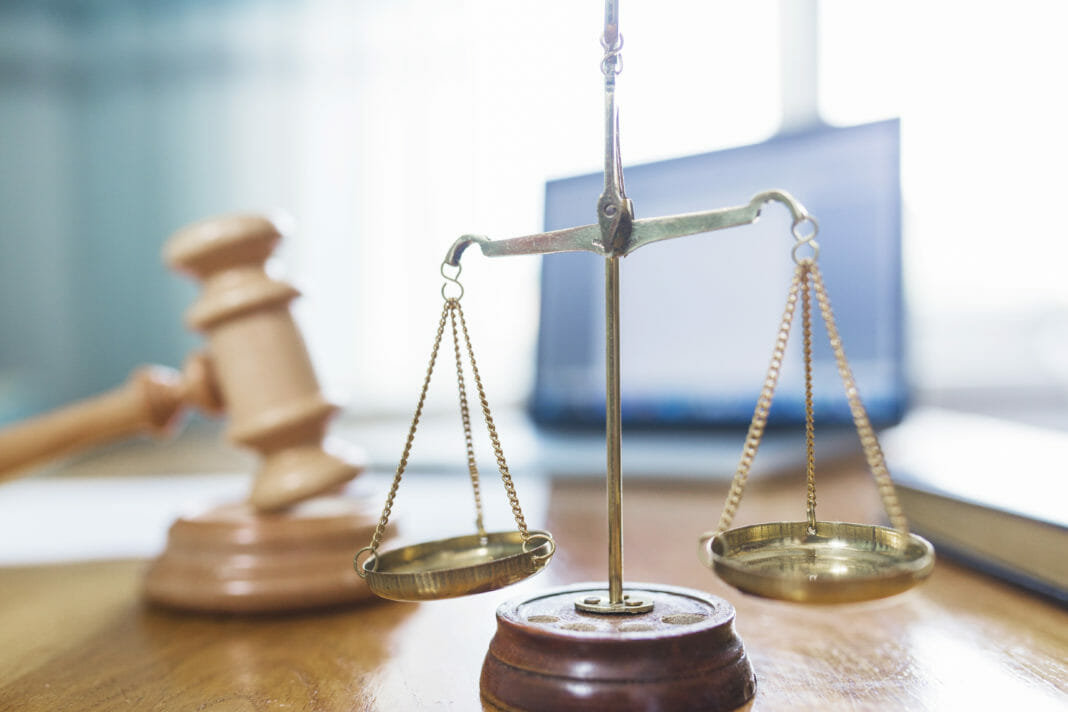Maximalists think the government should ban altcoins, an attitude against the freedom principles of Bitcoin since the market should decide. Die-hard bitcoiners should compete with altcoiners, as they can learn much from the methods developed for other networks.
Some people like Michael Saylor, the CEO of MicroStrategy, recently discussed how to regulate Bitcoin (BTC) and other cryptocurrencies. The executive considers BTC as only a commodity, while all other cryptocurrencies are stocks.
Block instructor Roman Reher and other German crypto influencers requested that EU regulators accept that point of view.
The US Securities and Exchange Commission (SEC) regulates securities with stricter licensing criteria than the Commodity Futures Trading Commission (CFTC). If regulators addressed the claims of Saylor, Reher, and others, many cryptocurrency companies would face difficulties.
The Differences between Commodities and Securities
There is a clear difference between commodities and securities in the traditional world. Humans do not manufacture the former, found in nature like oil, gold, and other precious metals. Although wheat and rice are commodities, it is possible to grow or modify them genetically.
Corporations and government institutions issue stocks, bonds, and derivatives, which Michael Saylor considers securities. Those assets usually pay interests or offer investors other forms of financial compensation.
Depending on the jurisdiction, there are frequently imprecise differences in the definitions of these asset classes. It is hard to put Bitcoin and other cryptocurrencies into these traditional categories due to their decentralized nature.
That has led Michael Saylor to say that it is impossible to trade Bitcoin, arguing that it is a commodity. He thinks that the authorities must regulate Ether and all other crypto assets strictly as securities if small groups of people control them.
The Risk of Being a Bitcoin Maximalist
Maximalists think Bitcoin should be the only cryptocurrency while the government bans the rest of the market. That statist attitude goes against the freedom principles of Bitcoin, as the market should decide instead of central authorities.
According to maximalists, BTC is not a security due to its alleged immutability. However, Bitcoin has had significant changes, like the introduction of SegWit and the recent Taproot upgrade.
Many coins and tokens issued over the years have aimed to make their founders wealthy. Among those not identified as fraudulent, some will never achieve the advantage of the first mover of Bitcoin.
Bitcoiners and Altcoiners Should Participate in Healthy Competition
Even die-hard bitcoiners should take advantage of the competition with altcoiners. For example, Rootstock, the sidechain enabling Bitcoin-based smart contracts, has learned much from Ethereum. In addition, the methods developed for privacy coins like Monero and Z-Cash might increase the privacy of Bitcoin.
It is wrong to try to beat altcoins and cooperate with government institutions to ban them. Maximalists should participate in healthy competition, trusting that it will strengthen Bitcoin.
Although a currency superior to Bitcoin may never emerge, it is necessary to recognize it when that happens. Instead of beginning battles between Bitcoin maximalists and altcoiners, they should combat governments and their monopoly money together.
Identifying fraudulent crypto assets and warning people not to buy them is crucial. However, bitcoiners and altcoiners should forget their differences and join forces against government regulation.
By Alexander Salazar











